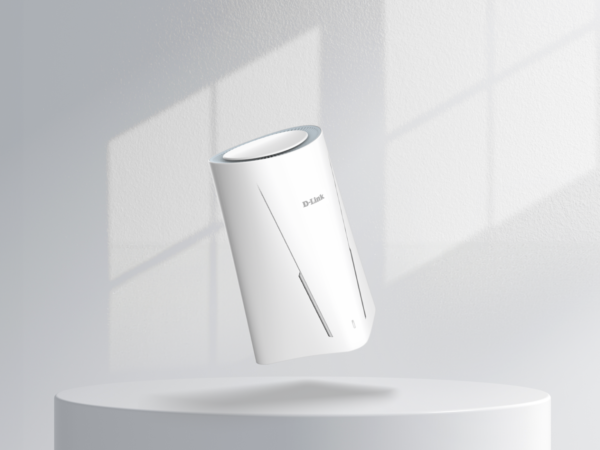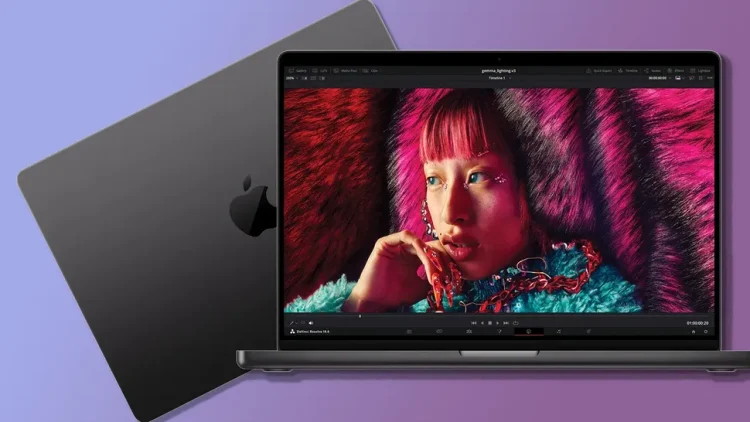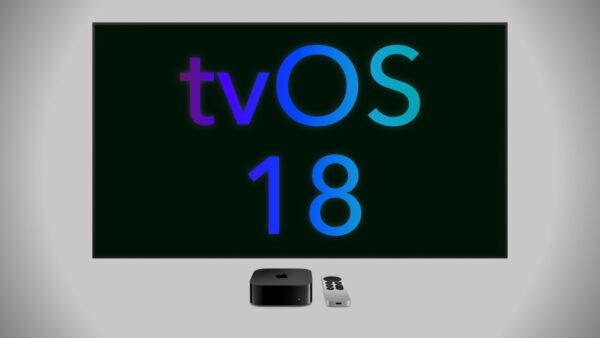
Diginagaz.com – As the AI arms race intensifies, OpenAI is reportedly preparing to enter a new frontier the web browser. The move could not only challenge Google Chrome’s dominance but also reshape the dynamics of online content consumption.
In what could be a pivotal expansion of its AI ecosystem, OpenAI is said to be nearing the launch of its own web browser, marking a bold step beyond its popular ChatGPT platform. According to sources cited by Reuters, the browser is designed to serve as more than just a gateway to the internet — it is intended as an intelligent assistant that interacts, acts, and learns from user behavior in real time.
A Browser Designed Around AI-First Principles
Unlike conventional browsers that serve as passive platforms for web access, OpenAI’s offering is expected to center the experience around a conversational chatbot, likely powered by the latest ChatGPT models. This approach could transform the browser into a proactive digital assistant capable of completing tasks, answering questions, and making decisions on behalf of the user a concept known as “agentic AI.”
One such feature, reportedly dubbed Operator, is expected to handle actions such as booking appointments or searching for flights without requiring the user to visit third-party websites. This aligns with a broader industry trend toward minimizing the need for users to leave the AI interface at all — a strategy already evident in Google’s AI Overviews and Perplexity’s Comet browser.
The Data Play: Lessons from Chrome
The browser will also allow OpenAI to collect first-party data directly from user activity — a resource Google has long leveraged via Chrome to fuel its massive advertising empire. For OpenAI, such data could significantly improve AI performance and personalization, though it is likely to raise questions about privacy and ethical data use.
Notably, the browser is said to be built on Chromium, the open-source framework that underpins Chrome, Microsoft Edge, and Opera. This move ensures compatibility with modern web standards while giving OpenAI flexibility in layering its proprietary AI models over a robust infrastructure.
Competitive Pressure and the Chrome Challenge
Despite ChatGPT’s 500 million weekly users, OpenAI will face a formidable challenge in trying to dislodge Google Chrome, which boasts over 3 billion users worldwide. However, recent legal headwinds facing Google could shift the balance.
A federal judge ruled earlier this year that Google violated antitrust laws, and the Department of Justice has floated the idea of forcing the tech giant to divest Chrome. OpenAI, according to reports, has expressed interest in acquiring Chrome if such a divestiture occurs a move that would instantly vault it into a leadership position in the browser market.
Setting the Stage for an AI-Integrated Internet
The introduction of an OpenAI browser could signal the beginning of a new internet paradigm — one where the browser is no longer a neutral window but an intelligent agent mediating how we access, interpret, and interact with the web. This evolution could have profound implications for publishers, developers, and users alike.
For content creators and site owners, a browser that retains users within a chatbot environment may reduce direct traffic to original sources — echoing current concerns about how generative AI impacts web visibility and monetization.
A High-Stakes Gamble on the Future of Browsing
As rivals like Perplexity and Opera accelerate the rollout of agentic browsers, OpenAI’s forthcoming release is likely to catalyze a broader shift in how AI and the web converge. Whether it can truly compete with the likes of Chrome remains to be seen, but one thing is clear: the future of web browsing is no longer just about speed or design it’s about intelligence.





